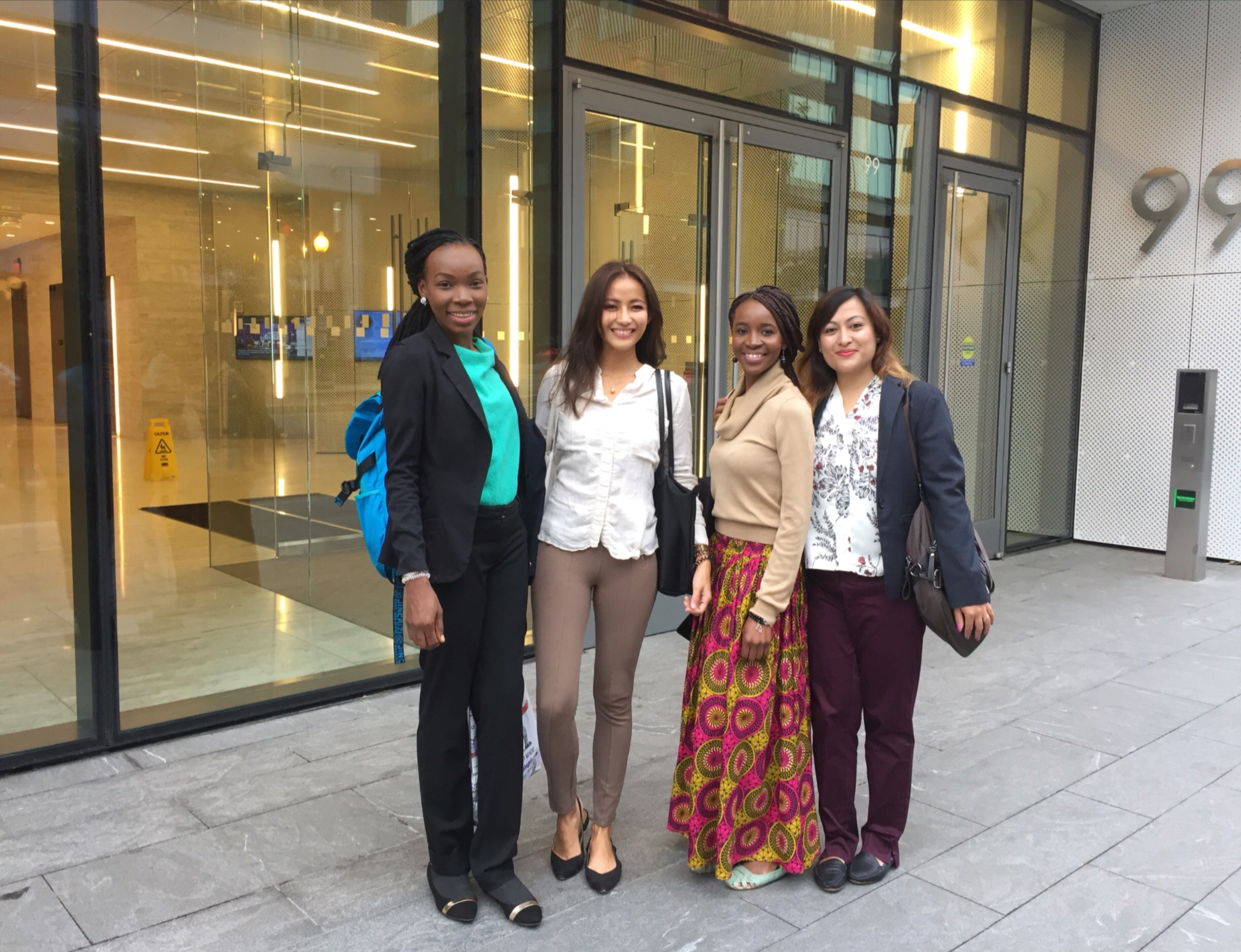During the last Atlas Corps Global Leadership Lab Immersion in Washington DC, all fellows in attendance were asked to take a test on emotional intelligence before our Day 2 session with Janie Payne, an HR expert with Global Communities. That was a particularly moving module as many of us were pushed to interact with each other, and I partnered up with another fellow that I hadn’t previously spoken with – Gianna from Brazil.
We were able to share our experiences in terms of the leaders we had previously worked with, leading us to analyze the behaviors and characteristics that made them positive or negative. The activity made us realize that over and above hard skills, what ultimately determined our interactions and lasting memories of these leaders was their emotional intelligence.
What is Emotional Intelligence (EQ) vs IQ?
Daniel Goleman first brought ‘emotional intelligence’ to a wide audience with his 1995 book of that name. He found that while the qualities traditionally associated with leadership such as intelligence, toughness, determination and vision are required for success, they are insufficient.
Q: What makes truly effective leaders distinguished?
A: A high degree of emotional intelligence, which includes:
1- Self awareness
My score: 41 (Strength – This area is a strength for you)
The ability to recognise what you are feeling, to understand your habitual emotional responses to events and to recognise how your emotions affect your behaviour and performance. When you are self-aware, you see yourself as others see you, and have a good sense of your own abilities and current limitations.
2- Managing Emotions
My score: 29 (Midway – Giving attention to where you feel you are weakest will pay dividends)
The ability to stay focused and think clearly even when experiencing powerful emotions. Being able to manage your own emotional state is essential for taking responsibility for your actions, and can save you from hasty decisions that you later regret.

The female leaders of Atlas Corps Class 32 from Nigeria, Philippines, Malawi and Nepal
3- Motivating oneself
My score: 39 (Strength – This area is a strength for you)
The ability to use your deepest emotions to move and guide you towards your goals. This ability enables you to take the initiative and to persevere in the face of obstacles and setbacks.
4- Empathy
My score: 34 (Midway – Giving attention to where you feel you are weakest will pay dividends)
The ability to sense, understand and respond to what other people are feeling. Self-awareness is essential to having empathy with others. If you are not aware of your own emotions, you will not be able to read the emotions of others.
5- Social skills
My score: 33 (Midway – Giving attention to where you feel you are weakest will pay dividends)
The ability to manage, influence and inspire emotions in others. Being able to handle emotions in relationships and being able to influence and inspire others are essential foundation skills for successful teamwork and leadership.
What to find out how you scored? You can take one version of the test here.
Julienne Raboca is an Atlas Corps fellow from the Philippines serving in Episcopal Relief & Development, New York.




